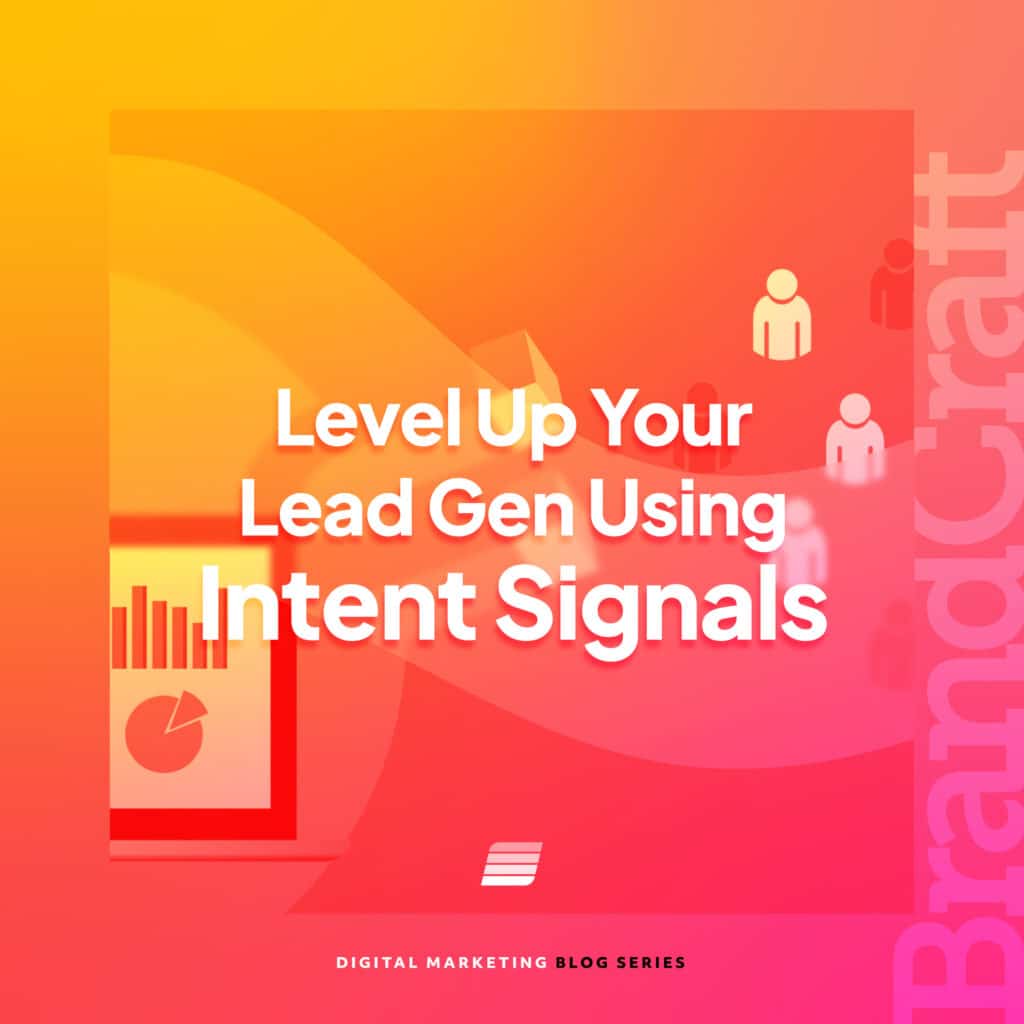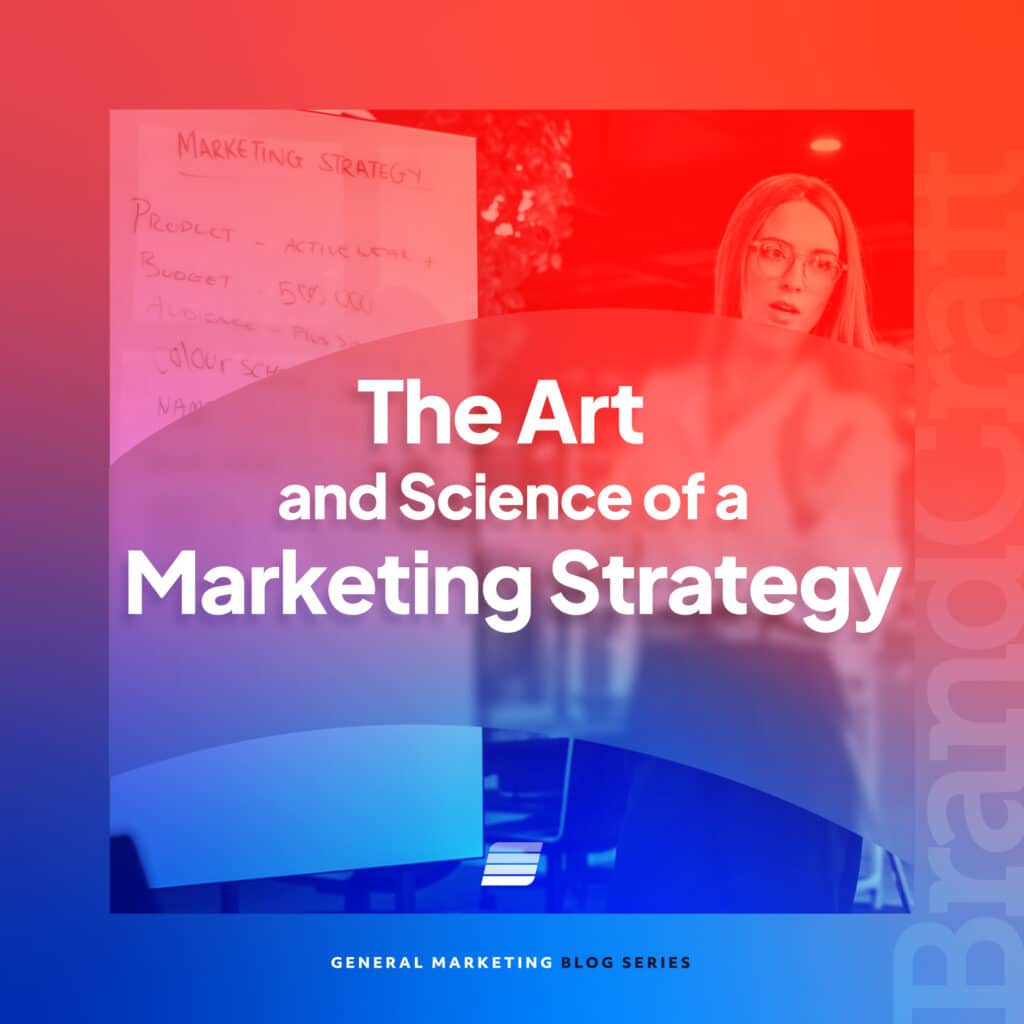Why Small Businesses Don’t Think They Need SEO
October 1, 2020

Did you know that people search on Google more than 3.5 billion times every single day?
Wow is right.
As a small business, capitalizing on this search traffic is critical–especially during these challenging times. But the truth is, most companies without an in-house marketing team don’t know how.
Small business owners often come to us, wondering:
- How do you help customers find you on Google?
- What brings you closer to the top of the search results?
- What’s the secret to marketing a business online?
The answer is not as complicated as you’d think. It’s a technique called search engine optimization (SEO), and luckily for you, we’re experts.
Let us guide you through how this system works so that you can learn the benefits of SEO for small businesses (and a few reasons why your competitors don’t take advantage of them).
What is SEO?
SEO means making strategic changes to your website to improve your position in Google. When you search for a keyword, it directs you to related websites that feature that word or phrase.
As a small business owner, your objective should be to rank for industry keywords. For instance, if you sell real estate in the Tri-Cities, you’ll want to rank for phrases such as:
- Tri-Cities real estate agent
- New homes in Tri-Cities
- Where to buy a new home in Pasco
- Real estate agent near me
…And so on.
Get the picture?
SEO is all about designing your content around the keywords your target audience is searching for.
How does SEO work for small businesses?
SEO can be so successful for new businesses that approximately 64 percent of marketing professionals use it. Your small business can, too, but it’s good to set expectations.
SEO is for you if you want to:
- Increase website traffic to drive sales.
- Promote your brand online.
SEO is most likely not for you if you want to generate leads for a last-minute event or spread awareness for a temporary product or service. That’s because you might not have time to get your content indexed by Google before the event is finished or the product is no longer available.
So, how does SEO work for local businesses?
SEO can help you reach customers at all stages of the buying cycle.
The key is to research the best long-tail and short-tail keywords for your industry to know what phrases to integrate into your content. Here’s a quick glance at what those terms mean:
Long-Tail Keywords: luxury home for sale in Pasco, Tri-Cities real estate specialist, three-story home in Kennewick
See a pattern? Long-tail keywords are lengthy, unique phrases that most people seek when they’re ready to purchase. They’re also commonly used with voice search. (Consider the last time you asked Siri or Alexa to help you find something.)
Short-Tail Keywords: luxury home, realtor, three-story homes
As the name suggests, short-tail keywords have few words (usually three, at most). They’re general, meaning someone is likely to search for them at the beginning of the buying journey.
That means your target audience might not know what they’re looking for yet, but as they review the information found via searching short-tail keywords, their search will get more specific. That’s where long-tail keywords come into play and why both are important in an SEO strategy.
SEO can help you get found in local search results.

If you’re a local small business looking to appeal to customers in a specific community, SEO is an excellent option. When you’re registered in local search directories (e.g., Google My Business and Yelp) and have used local terms (e.g., the name of your city) strategically throughout your website, you’re more likely to attract people in your area.
Why is this important?
- 72 percent of people who search for a local product stop by a retailer less than five miles from their home.
- Nearly 8 in 10 city-specific searches on a smartphone lead to buying an item in person.
Why don’t all small businesses get SEO?
Optimizing your website can be a game-changer for small businesses. It can send relevant traffic to you on Google, helping people find your products and services fast.
If you do so well that you rise to the top of the search engine results pages (SERPs), consumers are more likely to click on your link and work with you.
That brings us to the question of the day: if SEO is so great, why don’t more small businesses get it? Here’s why.
#1: They’re unclear about what SEO is or how it works.
We’ve heard it time and time again: “I’m not sure what SEO is, but I know I need it.” The question is: why? Is it essential to optimize your website presence on Google? The answer isn’t always “yes.”
In fact, there are times when a small business might not want SEO. For instance, if you want to promote last-minute events, paid ads are better. That’s because it takes time to help search terms rank in Google.
We’ve seen rankings happen in days, but it often takes a few months. Don’t let this keep you from starting SEO for a small business website, though. Once you have a solid web presence, that’s when traffic comes (and the real magic happens).
#2: They’re worried they won’t compete.
It’s true: SEO is more of a long game. That means that if your competitors have been around for a while, the chances are their website is higher up in the search engines (e.g., Google, Yahoo, and Bing)–if they did things right.
But Google is a big world. There are at least 40,000 searches each second, leaving plenty of room for your company to rank. You can expect to see SEO results anywhere from three to six months after revamping your website.
During the revamp, we recommend:
- Building a high-quality blog that positions you as an industry authority. Not only can this help provide more value to your audience, but it can also help you rank for industry keywords.
- Developing your online presence. SEO for a small, local business is possible if you capitalize on the right local keywords and register your business with local directories and review sites. Rankings don’t (usually) happen overnight, but being present on popular sites and social media can help with your domain authority.
- Sticking to a blog posting schedule. We recommend publishing a blog at least once per month. The key is making sure anything you post on your site relates to your business or industry. (Tip: If it’s not relevant, it won’t rank.)
- Updating your website. SEO is about more than just quality content. User experience and responsiveness also matter. Make sure it’s as easy to navigate your site as possible, and it’s built with heat mapping in mind.
#3: It can be difficult to track the ROI.

For paid ads, the cost of lead acquisition is somewhat clear. You can view how many times someone clicked on your landing page, run a retargeting campaign to monitor their journey through the buying cycle, and see exactly when they went from “interested” to “ready to buy.”
SEO is a little different. The primary goal is generating website traffic, which can lead to conversions. However, SEO–in itself–doesn’t track leads.
You’d need to incorporate conversion rate optimization (CRO) to increase the chances of people signing up as customers. The best content incorporates both SEO and CRO.
Make sure to use clear calls-to-action to increase customers’ chances of buying. Examples include:
- Contact Us
- Request More Info
- Learn More
- Order Now
- Sign Up Now
#4: They have trouble finding affordable SEO for small businesses.
We get it. Price is a factor. We operate a small business ourselves, and we recognize the importance of sourcing the best value for the lowest investment.
The thing about SEO, though, is that not all service providers are created equally. Small business SEO services are available worldwide at different rates, but it doesn’t mean that all providers are expensive.
The key is to find a high-quality SEO agency that can truly help you generate website traffic. A company like BrandCraft will design your website with SEO in mind, ensuring it’s written for humans and search engines.
#5: SEO is ever-changing.
There’s no secret recipe behind how to get to the top of the SERPs. SEO guidelines change all the time–as do the algorithms. In the last few decades, we’ve faced Panda, Penguin, BERT, and more.
We remember the days of keyword stuffing (or using the keywords as many times as possible throughout the copy–even if it didn’t always make sense). Writers incorporated this technique with “quantity over quality” in mind. In other words, they found that repeating keywords increases your odds of ranking. (We’re glad that phase is over.)
More recently, climbing the ranks in Google is all about writing for search intent. That means creating content around your target audience’s queries–but not just any content. You want content that’s just as conversational and engaging as it is informative. (That means prioritizing your content for people above search engines. Of course, search engines are important, too.)
The good news? Working with a quality SEO provider will prevent you from needing to stay on top of all things SEO. BrandCraft can write your website content and blogs to answer your customers’ pressing questions and get you discovered on the web.
#6: They’ve tried small business SEO services in the past with no success.
We’ve heard it all. “I hired someone to do SEO for my small business website before, but it didn’t work.”
Even if you looked at a company’s small business SEO reviews before hiring them, and everything checked out, it doesn’t mean the site’s lack of performance was their fault.
Ask yourself:
- Has your website been around for long?
- Has it been a few months since launching new website content?
- Have you been consistent with SEO blogging?
If not, you might still be in the waiting period to see SEO results. However, if your answer to these questions is “yes,” you might need a new company to do SEO for your small, local business. (Contact us here for a free quote.)
#7: There’s insufficient time in the day.
We can agree there. Oh, how we wish there were an extra hour in the day! But the good news is that SEO doesn’t have to take up your whole week. You can set aside an hour here and there to update your web presence.
If you lack time to create new SEO blogs, here’s a little tip: update your existing blogs.
Wait. What?
Yes, that’s right. You can modify your current blogs with new, up-to-date content. Just be sure to tell your readers that they’re new and improved (and keep all headings and subheadings the same. Don’t be afraid to add new ones, though!).
Also, working with an SEO service provider is always an option if you need a helping hand. BrandCraft creates optimized website content and blogs for businesses of all sizes.
Summary
SEO is worth it for small businesses. It can increase your website views and profits (as long as you combine with a little CRO). The process is also straightforward if you follow SEO best practices. Despite the benefits of SEO, some small businesses are hesitant.
So, what’s the deal?
It usually comes down to not understanding the value. SEO is one of those things you must be prepared to spend a few months on before you see the ROI. You might not notice it directly, but increased bookings and purchases happen when you optimize your website.
If you’re worried that SEO doesn’t work for small businesses, don’t stress. The key is finding the best service provider to help you get the right eyes on your company. Take that step, and success can follow.
Need affordable SEO for your small business to increase website traffic? BrandCraft has your back, with a full team dedicated to helping you get found online. Contact us today for a free quote.







